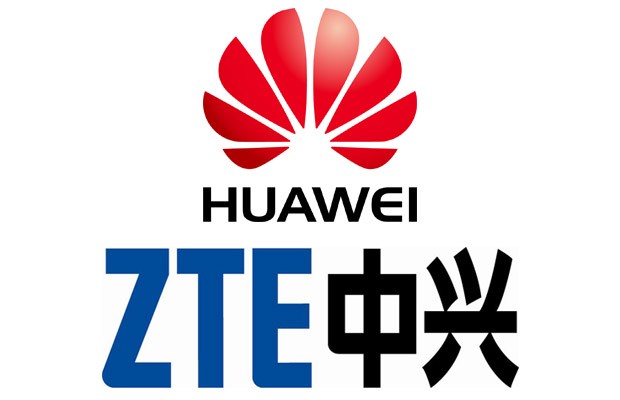Google’s top legal chief says the company is not ‘in cahoots’ with the NSA

A lot of false facts were spread around when the original news regarding the NSA’s relationship with technology companies broke. Since then, Google, Apple, and other others have been on a mission to repair their public image. In an interview with the Guardian, Google’s top legal chief reaffirmed the fact that the company is not “in cahoots” with the NSA, nor does it give the government direct access to its servers.
“We’re not in cahoots with the NSA and there is no government programme that Google participates in that allows the kind of access that the media originally reported,” David Drummond, Google’s chief legal officer, said. “There is no free-for-all, no direct access, no indirect access, no back door, no drop box,” Drummond reaffirmed.
“We didn’t know [Prism] existed,” he said, suggesting that Google was just as surprised by the leaked reports as citizens were.
Expand
Expanding
Close


